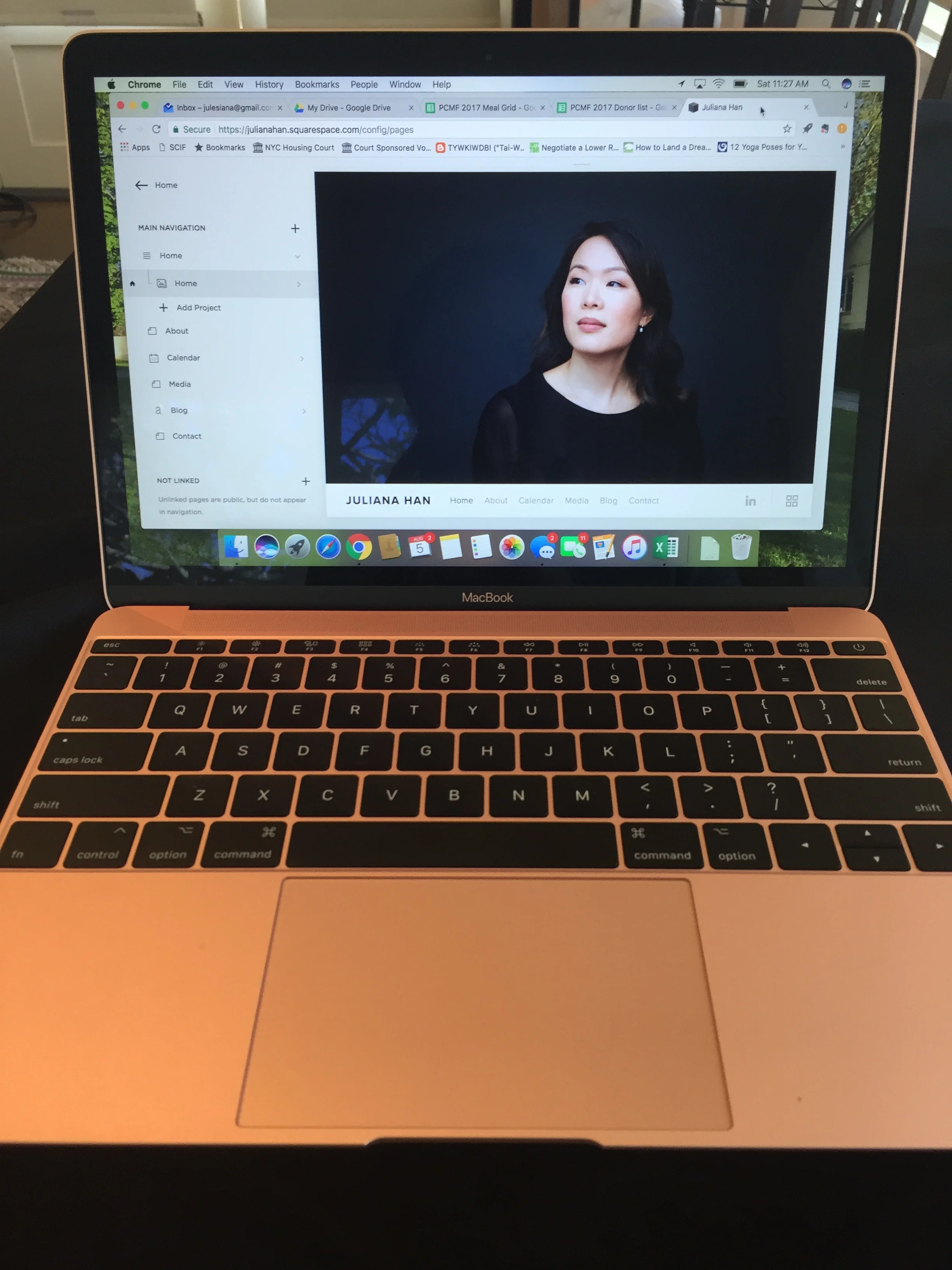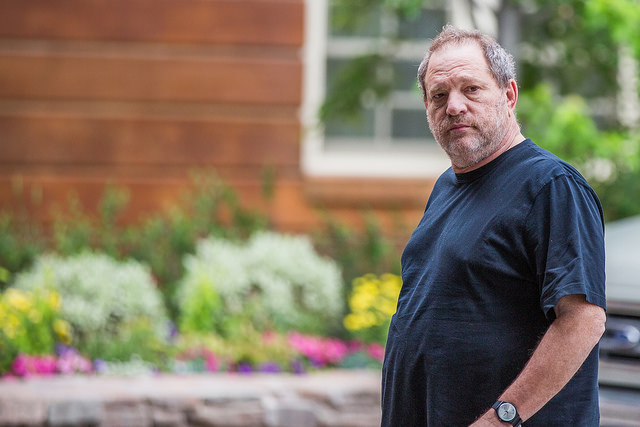Contemplations on a Jar of Iced Tea
/One lazy spring day in law school, I was discussing with a then-boyfriend the materials and methods for really great iced tea. He mentioned something I had never heard of: sun tea.
“Yeah,” he said. “You put some tea bags in a big glass jar and then you leave it outside for a few days, and then you have great iced tea!
“A FEW DAYS?,” I asked. “That can’t be right.” I was often skeptical of what he said and didn't hesitate to say so.
“No, it’s true. My dad always made it this way. Trust me.”
“YOU LEAVE IT OUT FOR DAYS? Hahaha. Great way to make BACTERIA tea,” I cackled.
“Look, you don’t know because you’ve never done it, but my family has been making sun tea like this forever. And it’s really good.”
“FOR DAYS! HAHAHAHA!” <cackling intensifies>
“Fine. You don’t believe me? Look. Look. I’m calling my dad right now.”
<he calls his dad>
“Hey dad, how’s it going? Hey, I had a question about something: how do you make sun tea? …. Uh huh … uh huh ….. You leave it out for how long? Wait, wasn’t it a few days? I thought you … oh. Ok. Got it. Thanks dad... Yup, I’ll talk to you soon.”
“So??” I said, eagerly, cackling inside.
“Uh. You leave it out for a few hours. He said leaving it out for a few days would be stupid.”
I cackled so loud I almost split in two.
Let’s just say that that relationship didn’t last because I was not a very nice person. I've been working on it.
But the conversation did demonstrate something I have noticed over and over - a blatant disregard for food safety in pretty much everyone I know. If you have an Asian parent, you grew up with this - rice is left in the rice cooker, soup is left out overnight, leftovers are simply covered up and left on the counter. The items in a mom’s fridge seem to last forever; the dishes that you swore you’ve already eaten for a week still living on in their little Tupperware kingdoms of immortality, jarred things from years ago still doing their thing in their jars. This legacy continues in us, their children. I think of this now as I discover a jar of iced tea that has been in the fridge undoubtedly for weeks, and my husband, the son of Chinese immigrants, assures me it is totally fine.
It looks fine I guess, but remember, kids, you can't see bacteria.
I believe many tummies have been sacrificed on the porcelain altar of “it’s totally fine.”
I, on the other hand, demonstrate a healthy respect for our microorganism brethren. I constantly ask Google the question, "How long does [food item] last?” I diligently label newly-opened containers with the date. When in doubt, I throw it out. I even view moldy cheeses with suspicion, delicious as they are. In every instance, someone has reassured me that the subject of my concern is “totally fine.”
When did I turn the corner, from unsuspecting rice leaver-outer to militant spoilage vigilante? I can tell you exactly when it happened: while doing cancer research in a biomolecular lab. In our lab, there were three areas set off for distinct purposes: the cold room, the warm room and the hot room. The cold room, as you suspect, was a giant room set at about fridge temperature where you could do experiments with proteins and gels and other things sensitive to heat. The hot room was not actually hot but where you dealt with radioactivity - there were special hoods and disposal containers, and you had to sign in and out every time you used it in case there was contamination.
Now the warm room actually was a very warm room, set to the temperature at which E. coli prosper and propagate. Kind of like a hippie music festival for bacteria, everyone making peace, love, and my cancer-gene protein while rocking out on a gently shaking platform. I had to use this room every time I needed the “bugs” to grow me a batch of protein, and I’d put my GIANT erlenmeyer flasks, full of the little guys and their favorite soupy food, on the shakers and wait for them to do their thing. Since then, I've associated that temperature, 37 degrees C or about 99 degrees F, with that warm room and the sensation of the thick air crowding my reluctant nostrils with the euphoria of breeding bacteria.
All three rooms were mildly unpleasant, but the warm room was my least favorite because of the smell. However, it did give me a very visceral sense of how bacteria multiply: how quickly they do it, what conditions they like, and how a liquid’s murkiness deepens as their numbers grow. And now I can’t help but see those conditions everywhere. For instance, after making a giant pot of homemade stock, those in the “it’s totally fine” camp might leave the pot out all day to cool before putting it in the fridge, or WORSE, just put it in the fridge (sacré bleu!!!). I can’t help but see in such a pot a giant bacterial Lollapalooza. I took my fears to the internet and found to my relief that, indeed, there are methods for taking a pot just off the boil and cooling it down in a jiffy.
Now, you may well have picked your side, and from your side, you may well think I am a crazy person. And to that I’ll say: the food and drink purveyors of the world with any accountability are on my side. For example, if you look closely at Starbucks, every ingredient, every batch of liquid, is marked with a date and even time of expiry. In restaurants, there are a host of safeguards like inspections and food warmers and food coolers and inventory management. And even with these systems in place, shit happens (literally), like the E. coli outbreak at Chipotle, or like my first and last trip to a poke place downtown, where a friend and I ate a heap of raw fish and both spent an agonizing night in the bathroom, reflecting on how dysentery must be a terrible way to die.
But, don't let me sway you. Everyone go ahead and do your own thing. Feel free to roll the dice, as thousands of our ancestors have (because I imagine scarcity left them no choice). As for me, I have the robust American food supply and the fear of the mighty microbe behind me, and I am going to throw out that iced tea right now. And a few other things.
P.S. here’s a legit recipe for sun tea.










